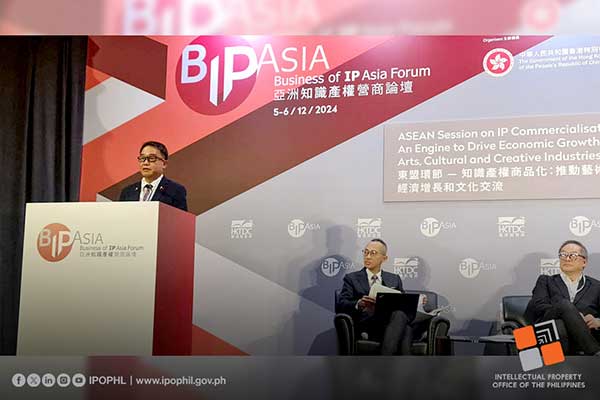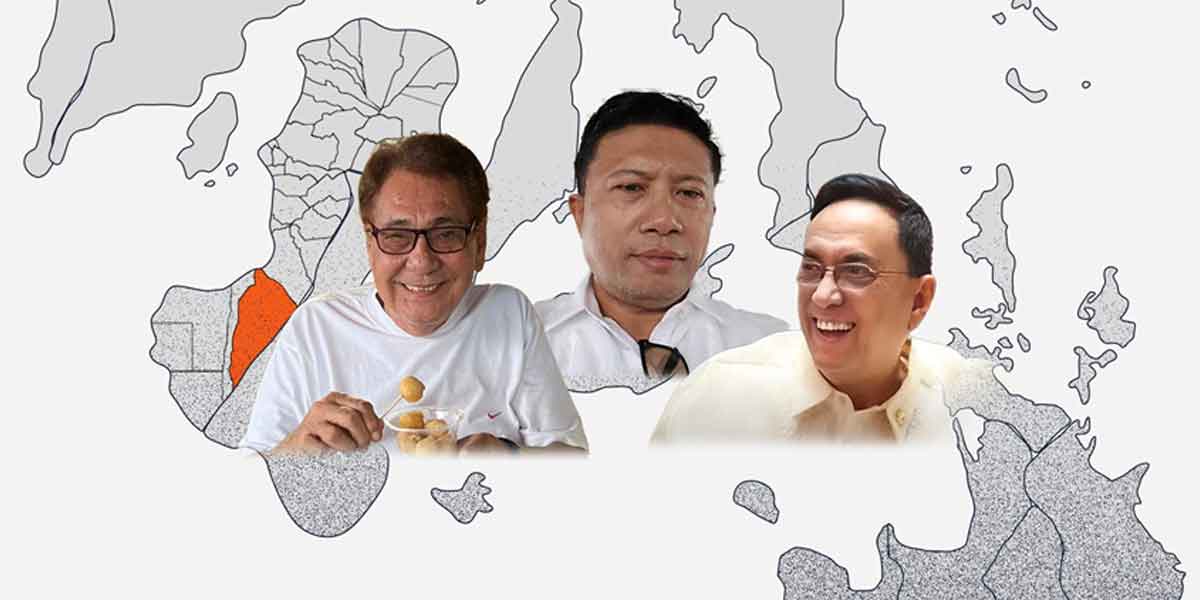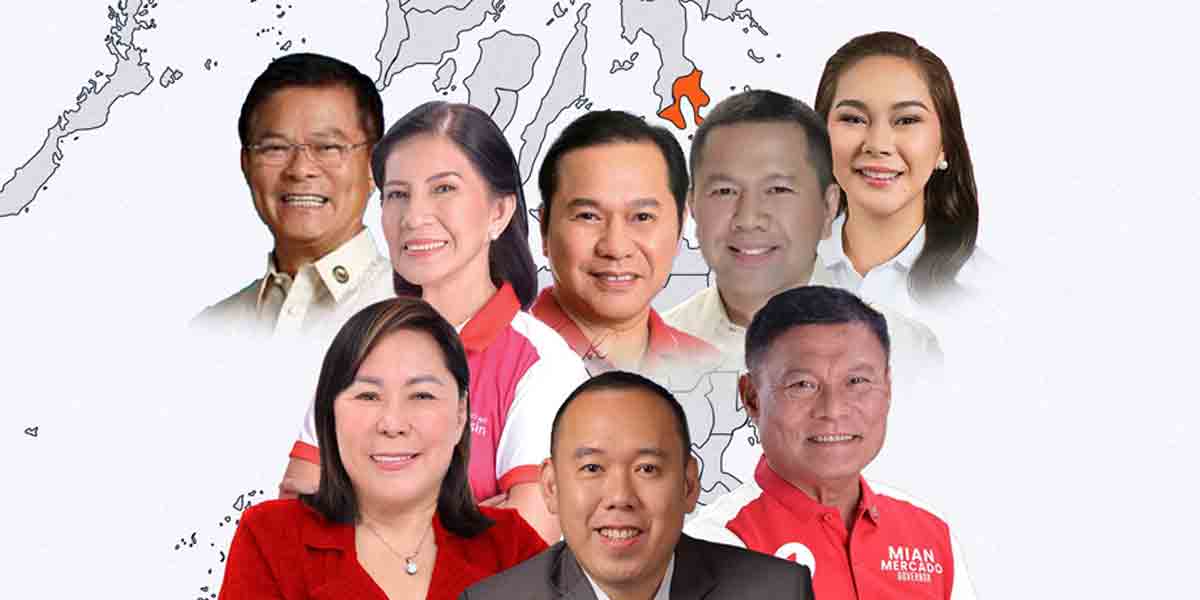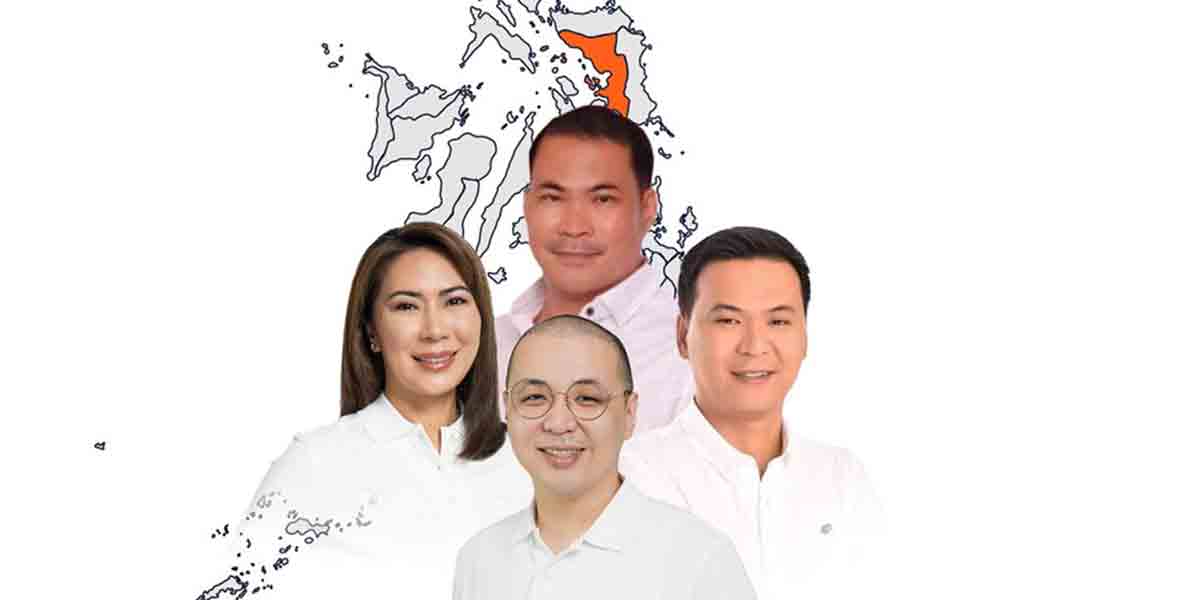
The Board of Investments (BOI) highlighted the transformative potential of high-tech agriculture in the Philippines during a Trade and Industry Development (TID) Talks session on November 25, 2023.
Held in a hybrid format at the Department of Agriculture (DA) Agricultural Training Institute’s Rural Development Education Center, the event brought together government agencies, private sector leaders, and international partners to discuss opportunities and challenges in modernizing the agricultural sector.
BOI Executive Director Ma. Corazon Halili-Dichosa underscored agriculture’s vital role in the economy.
“The agribusiness sector is the backbone of the Philippine economy,” Dichosa said, noting that agriculture, fishery, and forestry contributed 9% to the Gross Domestic Product (GDP) in 2023, with an extended 19% share when including food and beverage manufacturing.
Dichosa emphasized that aligning efforts across agencies and transitioning to high-tech systems could help address sectoral challenges outlined in the Philippine Development Plan.
Dr. Honorario C. Flameño, Director of the DA Information and Communications Technology Service, presented the DA’s framework for advancing technologies such as precision farming and digital tools to boost production while minimizing environmental impacts.
He stressed that integrating technology into value chains could increase farmers’ incomes and improve efficiency.
Maria Teresa L. De Guzman, Officer-in-Charge of the Department of Science and Technology’s (DOST) PCAARRD, shared the agency’s updated science and technology roadmap for high-tech agriculture.
“Fostering innovation is key to tackling challenges like climate change, population demands, and food security,” De Guzman said, highlighting ongoing DOST projects designed to enhance productivity and sustainability.
Lev Nikko Macalintal, Philippine Agricultural Attaché in Seoul, shared lessons from South Korea’s agricultural innovations, which have proven successful in enhancing efficiency and technology adoption.
Joseph C. Pacon, from the DA-World Bank’s Philippine Rural Development Project (PRDP), emphasized the importance of international development partnerships.
He cited the PRDP’s success in bringing modern technology to farmers and fisherfolks, demonstrating its potential to facilitate rural development.
Private sector companies, including CAWIL AI, Chaptu Smart Brooder Technology, and Agriserna Tech Solutions Inc., presented their innovative solutions that are transforming Philippine agriculture.
Their success underscored the need for responsive government policies and incentives to encourage further investment in agricultural technologies.
Dennis O. Panga of the BOI detailed fiscal incentives available under the CREATE MORE Act, aimed at attracting investments in high-tech agriculture.
The event concluded with a recommendation to develop a harmonized high-tech agriculture framework, ensuring collaboration among government agencies and industry players to strategically guide modernization efforts.
The BOI emphasized that through innovation, international cooperation, and private sector partnerships, high-tech agriculture can significantly contribute to economic growth, productivity, and food security in the Philippines.






















